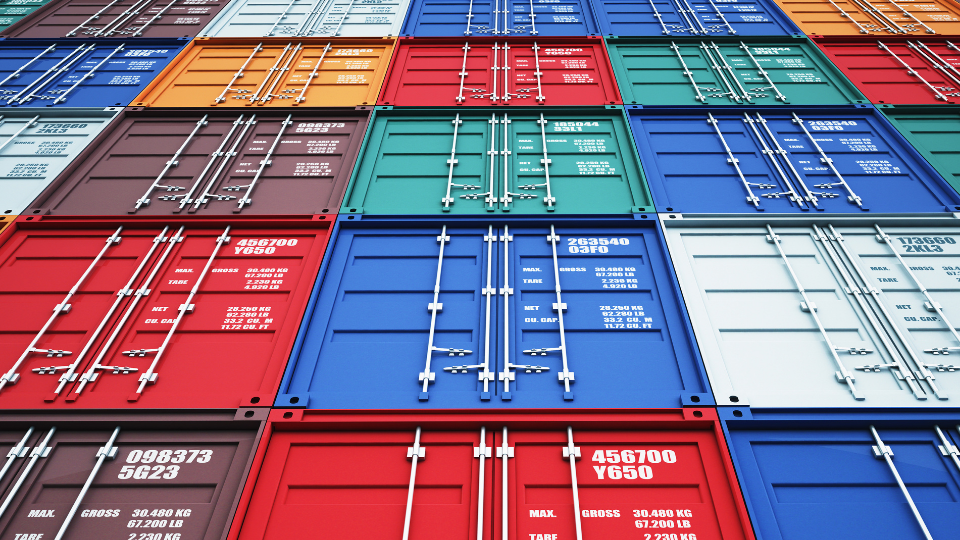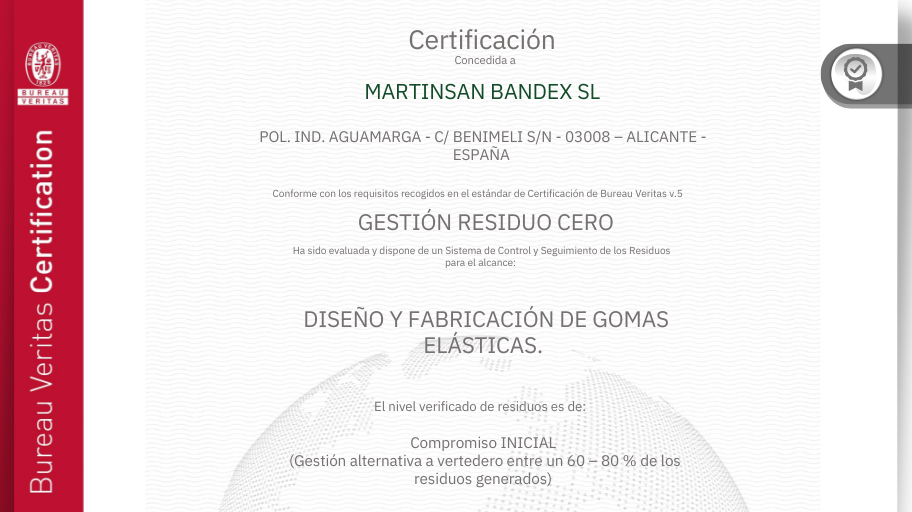It is time to prepare for the future, plan and organize. The great global pandemic is affecting the shipping industry, and although this problem may seem far away for some companies, producers or consumers, the reality is that it will affect us all.
From Ikea’s screws to Volkswagen’s chips, the tension in the supply chain is weighing down business giants around the world. That’s the reality.
Let’s summarize a situation that has been changing over time, to become today a crisis never seen before in international trade.
Lack of Containers
Undoubtedly, another sector that is affected by the great world pandemic, which has not “accustomed” to new, never seen before and extreme situations.
Since January 23, 2020, the date on which Wuhan was the sad pioneer in becoming the first city in the world to be confined by Covid-19, the cost of sending a container of goods from China to Europe by sea has multiplied by up to 7 times.
The reason for this increase in cost has to do with the context and also with the characteristics of global supply chains, which are extremely dependent on Asian countries.
When the prospects for improvement began to show a modicum of improvement in May, after the compulsory containments began to be eased, the supply chain started up again. As a result, the flood of pent-up demand collapsed logistics, mainly in Asia, the world’s factory par excellence.
The first element that explains the current freight costs is a sudden and strong increase in the demand for shipments.
Here, the second problem, which explains the rise, is the impossibility of adapting to peaks in demand. It is not easy when there are such exaggerated and marked fluctuations as we have seen. Remember that 90% of the world’s goods are transported in containers.
In short, you cannot build more ships out of nothing, just as you cannot expand the rest of the chain so easily. In other words, you cannot immediately build warehouses and put thousands of trucks on the road overnight.
Covid Delta variant.
The largest rubber band manufacturers are located in Southeast Asia (Thailand, Vietnam, Malaysia) and China.
Therefore, in addition to this maritime crisis that brings shortages of materials due to lack of containers, the Delta variant of the Covid has affected many factories in Southeast Asia, so that they find themselves with a lack of workers or temporary closures, and therefore with their production capacity diminished.
For example, 60,000 factories in Thailand are preparing with the national industry group to establish contingency plans to isolate all workers, as manufacturing emerges as a new potential source of infections. Toyota Motor, for example, extended the indefinite closure of three plants in Thailand due to a shortage of Covid-related parts.
The consequence, that what used to take approximately 40-60 days months (from order to receipt at the port of Valencia) is now taking 4 to 5 months: i.e. the lead time in the case of imports, of elastic rings, is multiplying by 3 on average.
The future.
Precisely when the disruptions will be resolved remains an open question. It also varies from industry to industry.
The experts at the Spanish Logistics Center do not believe that this increase in costs will be sustained over time, but rather that as the situation normalizes, shipment prices will eventually return to normal.
Yes, it is true that all experts say that between now and the end of the year and the first months of 2022, the situation will continue, with progressive changes that will lead to stability.
In any case, these increases in prices can provide us with a valuable lesson for the future, which is often talked about but never really and effectively decided: the excessive dependence on imports from Asia, which affects all Western supply chains.
Our advantage of being a manufacturer
What should happen in the medium to long term is that we should consider global supply chains with less dependence on Asia and tend towards local manufacturing.
In Bandex, we are Spanish manufacturers, this allows us to manufacture in Europe, avoiding delays and guaranteeing a 10 to 15 days delivery service.
Currently our facilities in Alicante city, with an extension of more than 10.000m2 of warehouses for storage, manufacturing lines and packaging machinery of last generation that allows us to manufacture high quality products and respond to this supply crisis.
If you are a customer, or you need products manufactured in rubber bands and your supply has been affected, we ask you to write us, without obligation, and our sales team will contact you to provide a solution.




